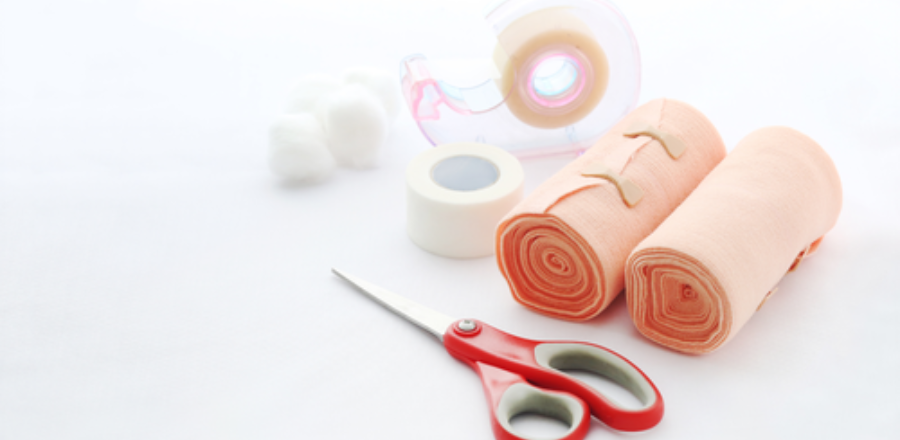Wounds a Costly Sore Point for the Health System
A new report from the AMA shows the crippling cost of medical dressings and treating chronic wounds could be mitigated through targeted investment which would save the health system $203.4 million over the next four years.

The report — Solutions to the chronic wound problem in Australia — says chronic wound care is a poorly understood and under-funded public health issue, despite studies indicating chronic wounds affect 450,000 Australians and cost $3 billion each year.
The AMA is calling on the Commonwealth to provide more support for GPs to provide high quality wound care for patients through the establishment of a national scheme to fund medical dressings for chronic wounds and extra Medicare funding to cover the unmet costs of providing care for patients suffering chronic wounds.
AMA modelling shows chronic wounds treated in hospitals place an additional burden on an already stretched system, with the AMA’s modelling indicating they resulted in close to 32,000 hospital admissions in 2019–20 costing $352 million and 249,346 patient days.
The report provides costed solutions to improve wound management in general practice and estimated savings associated with the proposed MBS items.
AMA Vice President Dr Danielle McMullen said the AMA’s analysis shows investing $23.4 million over four years to deliver best practice wound care for diabetic foot ulcers, arterial leg ulcers, and venous leg ulcers wouldsave the health system $203.4 million.
“This is a no brainer for a government desperate to cut the deficit. I don’t know of many investments where for every $1.00 you spend, the return is $8.36, but this is the case with evidence-based wound care.”
Dr McMullen said the plan would also improve access to GPs, with research showing additional Medicare funding for wound care would free up around 148,000 general practitioner consultations in the first year, and 162,000 consultations by the fourth year, making an enormous difference to patients.
“As GPs, we see some terrible consequences for patients if a wound isn’t managed properly, like amputations at the worst and nasty infections at least. They can take months or even years to heal and these are totally avoidable.
“At the moment Medicare doesn’t cover the cost of the dressings we need to treat chronic wounds correctly, so doctors are either bearing the costs themselves or are forced to pass on the cost to patients, and that’s not something we like doing.
“There is a lack of awareness about the significance of chronic wounds in Australia, which means vulnerable patients, mostly older Australians, Aboriginal and Torres Strait Islander peoples, or patients with other chronic conditions, often suffer in silence and fall through the cracks in our health system.
“The government often mentions its inherited trillion-dollar debt, so it should be looking for smart investments which will save the health system money and deliver better health outcomes for patients at the same time,” Dr McMullen said.
The AMA’s five-point solution
- A Commonwealth-funded wound consumables scheme to subsidise the cost of dressings and other consumables provided in general practice for patients with chronic wounds.
- The implementation of a stepped model of care for the management of chronic wounds, with improved access to other healthcare professionals involved in wound care such as podiatrists and dieticians, to form GP-led healthcare teams.
- Three new Medicare items to facilitate the stepped model of care, including a Medicare item to allow trained practices nurses, Aboriginal and Torres Strait Islander Health Practitioners or Aboriginal Health Workers to provide short-term treatment.
- Implementation of a national education and training program on the prevention and management of chronic wounds, with access to the consumables scheme and extra Medicare support linked to completion of this education and training.
- Improved coordination of wound care initiatives in the sector under a national program to reduce duplication of effort.



